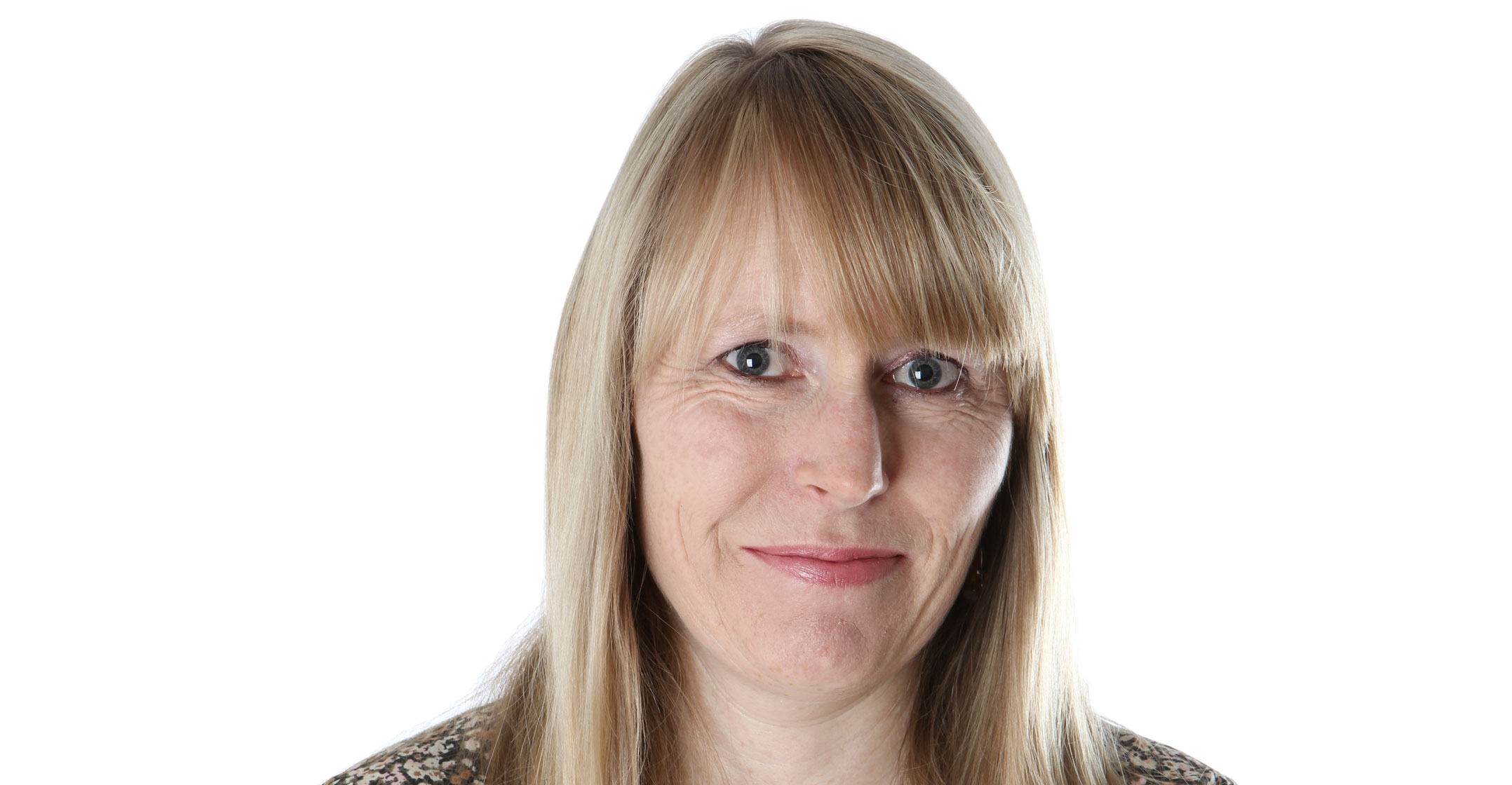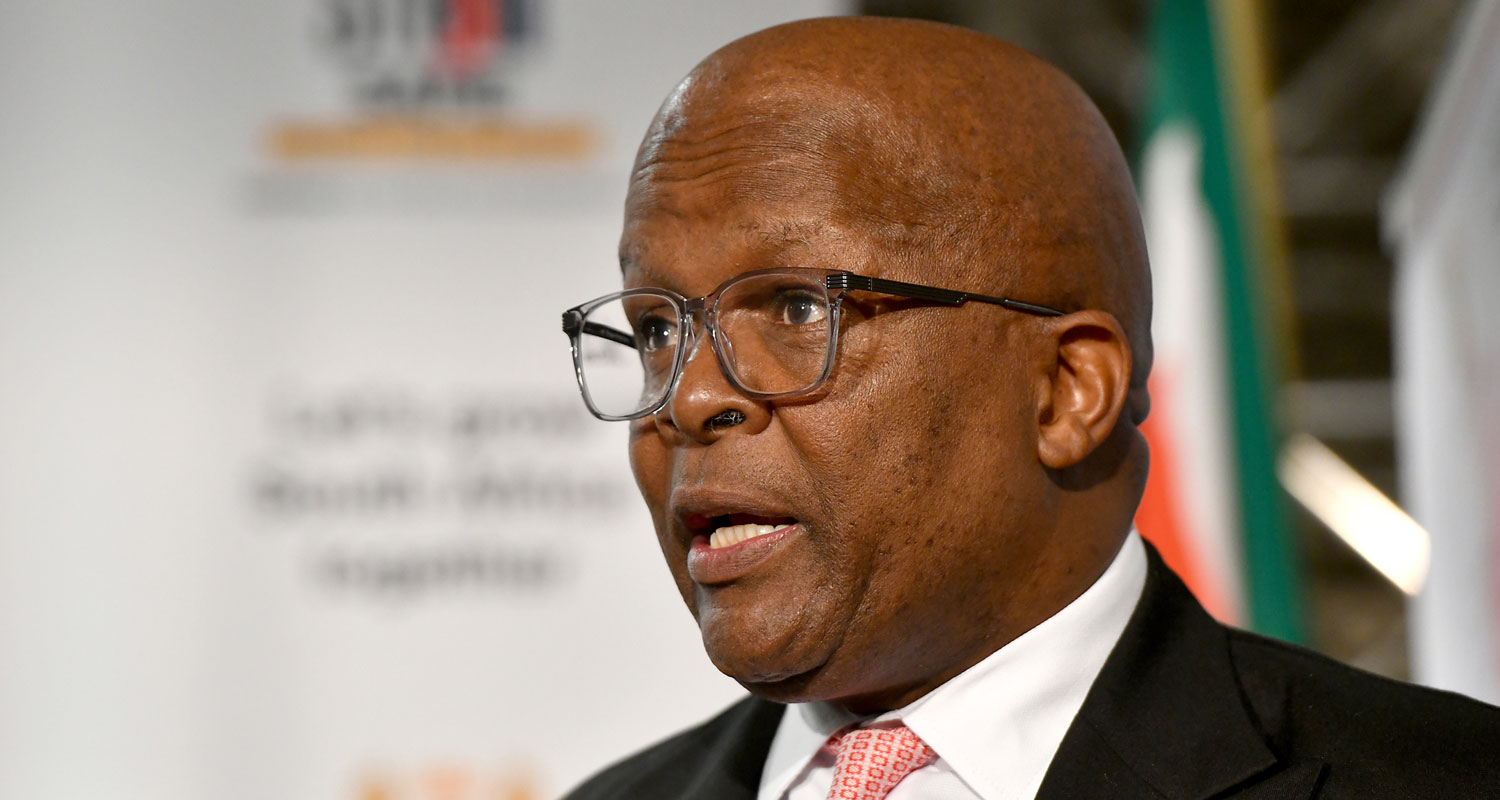
South Africa’s civilian intelligence service, the State Security Agency, is a broken institution. It is meant to provide intelligence to forewarn the country about national security threats.
Powerful individuals aligned to former President Jacob Zuma, presumably at his behest, repurposed the institution to help him maintain his grip on power. It was one of many institutions that were repurposed for improper personal or political gain during his tenure (May 2009 to February 2018): a process that has become known as state capture.
His successor, President Cyril Ramaphosa, promised in 2022 to reform the agency so it would serve its original mission. He committed to returning it to the pre-2009 era of having separate domestic and foreign branches, each led by its own director-general.
This decision is a major positive development. The Zuma administration merged the two branches and abused the centralised model to protect the president from criticism.
Dismantling this architecture of abuse is happening too slowly, however, with no transitional plan having been announced publicly. Such a plan should include appointing interim heads for the domestic and foreign branches, rather than relying on people in acting positions. The government’s underestimation of the time needed to restructure the intelligence agency could have potentially serious, even dangerous, consequences.
The government under Zuma established the State Security Agency in 2009 as an amalgamation of the National Intelligence Agency, the domestic intelligence service, and the South African Secret Service, the foreign service.
At that stage, the directors-general and other intelligence entities reported directly to the minister of intelligence. A coordinating mechanism ensured overall coherence. But in 2021 Ramaphosa dissolved the ministry. The agency now reports to the minister in the presidency.
‘Protective service’
The intelligence agency during the Zuma era concentrated too much power in one entity, specifically a super director-general. Hence, it took very little to capture the entire entity for abusive purposes. Officials loyal to the former president used this merged structure to turn the agency into a protective service for him and those close to him politically.
Testimony before the state capture commission showed how the agency’s resources were used to improve the fortunes of the ANC under Zuma’s leadership, by providing his supporters with resources to campaign on his behalf.
Despite his administration’s stated objective of integrating the two services, they continued to operate on separate tracks. In fact, the merger eroded the very essence of the intelligence mandate – of forewarning the state of national security threats. The failure of intelligence ahead of the July 2021 riots is a glaring example.
During the Zuma years, the focus on protecting the president led to the intelligence agency prioritising domestic intelligence by spying on citizens at the expense of foreign intelligence. Officials with ill intent also undermined the agency’s intelligence gathering capacity.
Following Ramaphosa’s promises, minister in the presidency Mondli Gungubele has committed the presidency to ongoing reforms.

He highlighted the unbundling into foreign and domestic branches. This was one of the key recommendations of the 2018 High-Level Review Panel on the State Security Agency’s report.
This would be done through an intelligence laws amendment bill that the intelligence agency intends to introduce to parliament by the end of the current financial year.
This is not the first time Gungubele has made this promise. He did so in May 2022, saying that the bill had been finalised and would be submitted to parliament in September of that year. So, it should surprise no one if the new timeline isn’t followed once again.
A new bill should ensure that the new heads of domestic and foreign intelligence have more discretionary power, reducing the power of the director-general. Doing so should make it more likely that this person will confine themselves to an oversight role rather than becoming involved in operational matters.
The fact that the State Security Agency has been absorbed into the presidency – which is also accumulating other government entities and functions – could be a gift to any president intent on repeating the abuses of the Zuma administration.
One of the biggest dangers is a delay in appointing leaders of the domestic and foreign intelligence branches. They need direction
One of the biggest dangers is a delay in appointing leaders of the domestic and foreign intelligence branches. They need direction. The head of the foreign branch was suspended in July 2021 and the head of the domestic branch left after his contract expired at the end of the same month.
The agency told me that they cannot appoint permanent heads until the bill to restructure the agency becomes a law, and its disestablishment is complete.
The 2011 bill that established the amalgamated agency took 20 months to be signed into law. It would make sense to have a transitional plan, appointing individuals on two-year contracts.
The Zuma administration was characterised by many acting appointments in key positions across government, including the State Security Agency and the National Prosecuting Authority. Relying so heavily on acting appointments weakened the government structures, to enable state capture.
People in acting positions are unable to take strong positions as they lack the security of tenure to do so. But the domestic and foreign branches need strong positions to safeguard South Africa’s security and stability.
Vulnerable
The result of an intelligence service that is not fit for purpose is that the country is vulnerable to security threats from within and without. South Africans are living with the disastrous consequences – such as rising organised crime.
Going back to separate foreign and domestic services is the last chance civilian intelligence has to re-establish its credibility.
The current round of restructuring the State Security Agency cannot fail. If it does it will have to be shut down and restarted from scratch.
The South American country Colombia did just that. In 2011, the government there shut down the Administrative Department of Security (DAS), after it went rogue and engaged in criminal activities under the guise of fighting the war on drugs.
Unless the Ramaphosa administration expedites the State Security Agency’s restructuring, then the Colombian option will be the only one that makes sense for the agency.![]()
- The author, Jane Duncan, is professor of digital society, University of Glasgow
- This article is republished from The Conversation under a Creative Commons licence

